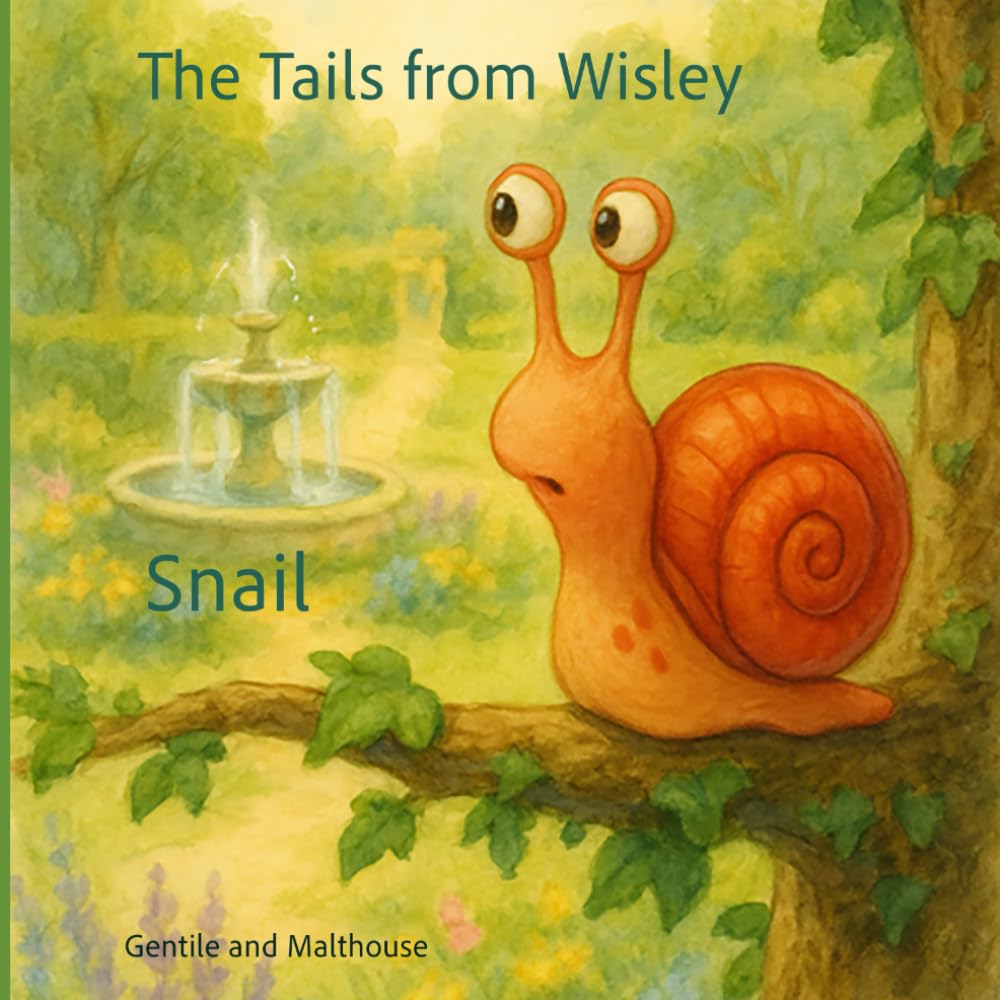Richard Malthouse
.webp)
Senior Lecturer at the University of East London, is an academic writer turned children’s author with a unique twist on storytelling. His interests in antiques, synaesthesia, and invisible infrared photography add depth to his creative approach. Influenced by Phillip Pullman’s thorough research, Richard views children’s literature as a refreshing departure from academia. His book Egg blends existential themes with playful, educational elements for both children and adults.
Three interesting facts about yourself
- I love collecting antiques.
- I have synaesthesia.
- I take infra-red photographs with light that is invisible.
- I can’t count!
What influences and inspires you to write?
I write as a part of my employment as a Senior Lecturer at the University of East London. It is expected of us to research and publish, preferably in an international academic journal. Writing children’s books is the antithesis of this and a joy to have the freedom to go wherever I fancy and in a manner of my choosing.
Which book or author has had the biggest impact on you, and why?
Phillip Pullman. He researches his books which informs his writing, which in turn informs me.
Can you tell me about the book Egg?
To the casual observer, Egg is essentially a very simple short story. However, it draws upon a number of factors. Firstly, the principle of existentialism is considered. Egg falls from the tree and in doing so breaks its shell. However, it has no idea what it is. I think at this point the story moves into eggsistentialism! (Can I claim this word as my own please?). It sees the world with new eyes and gradually identifies what it may be. I guess that is the same for children as they grow and form an identity.
Giovanna and I wrote from the perspective that we were writing for parents and carers who may have no knowledge of how to interact with young children. To this end Giovanna developed a form of interplay between the reader and the child. This takes the form of suggestions in how to engage with the child at certain points. We then offered the Early Years Foundation Stage framework. This guides parents and educators in relation to the progress of a child. I also added a little theory, (Piaget) as that is my thing as I lecture in pedagogy.
What were your first experiences with writing?
That is a difficult one! It depends on the definition of writing. Doing the Certificate of Education got me going academically. Next the BA (hons), the MA, then the Doctorate. Then there was writing lectures as I taught teachers. That teaches you how to explain a concept in a way that others may understand. I have written a few academic books and journals. So, I guess the whole thing is a gradual process from holding a pencil in infant school to typing away on the computer today.
In your opinion, what are the key ingredients for a good story or novel?
To draw on the following:
- Imagination
- Memory
- Experience
How long should an author spend on their craft each day?
It depends on the individual. However, practice does help. There again, something can be overworked. SO I would say about 25 hours a day
What was the most challenging part of writing this book, and what did you learn from writing it?
Wanting to eat the main character. I love eggs. But seriously for me was adapting the theory to meet the needs of the consumer. I drew upon the advice of Giovanna, when interacting with children.
What common pitfalls should aspiring writers avoid?
Thinking that success is inevitable. It’s highly unlikely, but if you don’t put pen to paper you are assured of failure.
What writing advice would you offer to your younger self?
I would not, as that would be pointless. However, if I reflect on what I have achieved and the way in which I did what I did, that I can ensure I don’t make the same mistakes again.
richard@bambinilibri.com





























.jpg)

